From Boris to Borgen: MPs and TV writers on what shows about politics get right... and very wrong
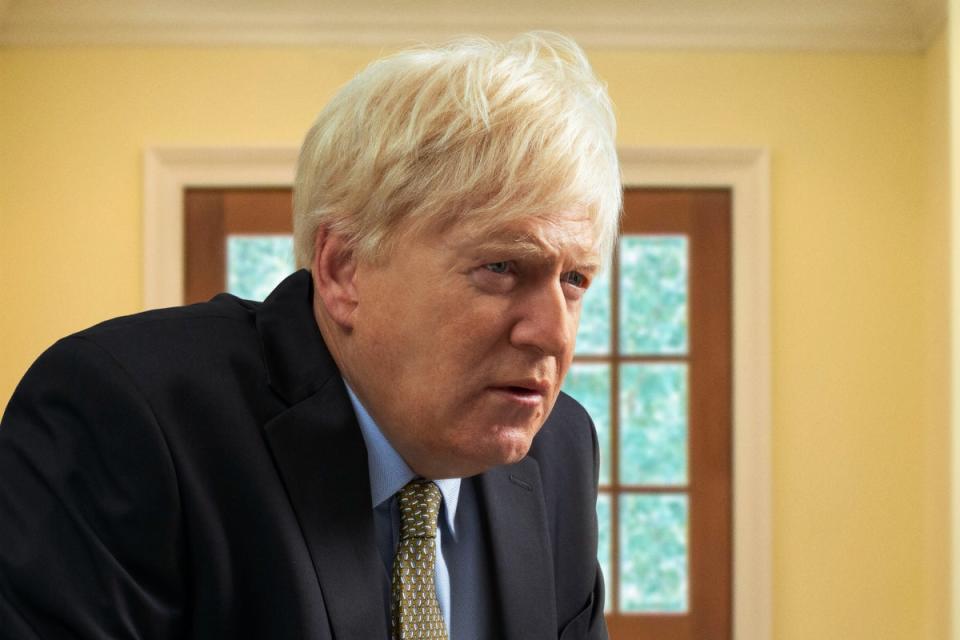
The year is 2020. As the UK’s media gather in the press room of Number 10 Downing Street, Boris Johnson adjusts his tie, shuffles his notes, and tells the public that they need to stay at home, wash their hands, and save lives. Except it’s not Boris Johnson: it’s Kenneth Branagh with a face full of prosthetics, and this is This England, the new Sky drama about how the government reacted to the Covid-19 pandemic.
The show doesn’t air until next week but This England is already dividing opinion among politicians. “The rhetoric about events changes as you get further away from them,” says MP Jess Phillips. “It’s quite hard to make something that is of such current events as people’s views might change. I think it’s a bold thing to do. But I think it’s really, really risky that it dates very quickly.”
There’s also the challenge of portraying the man at the centre of it all – especially given that, as Phillips says, the way Boris Johnson talks to the media is not the same as the way he talks to colleagues. “The presentation of him and all those mannerisms, in my experience, are nothing like the man you see when you’re just talking to him,” Phillips says. “His mannerisms, as far as I’m concerned, are of a scolded and scared and shy schoolboy. I will be intrigued to watch it and how accurate is to the person I have had dealings with.”
For fellow MP Emily Thornberry, Boris Johnson is also a sticking point: chiefly, the way in which he’s going to be portrayed (in an ominous sign for Johnson, the show’s director has already said that the former Prime Minister likely won’t be flattered by the show). “A large proportion of the population, they will be expecting a portrayal of Boris Johnson to be that he’s dishonest, dissembling, selfish,” she says. “And if they get anything else, they will think, ‘Well, that’s not true.’
“Then there’ll be the other people who will be the, ‘We miss Boris’ brigade, who will say, ‘That’s not fair.’ So it’s very difficult to know how to tread a middle ground.”
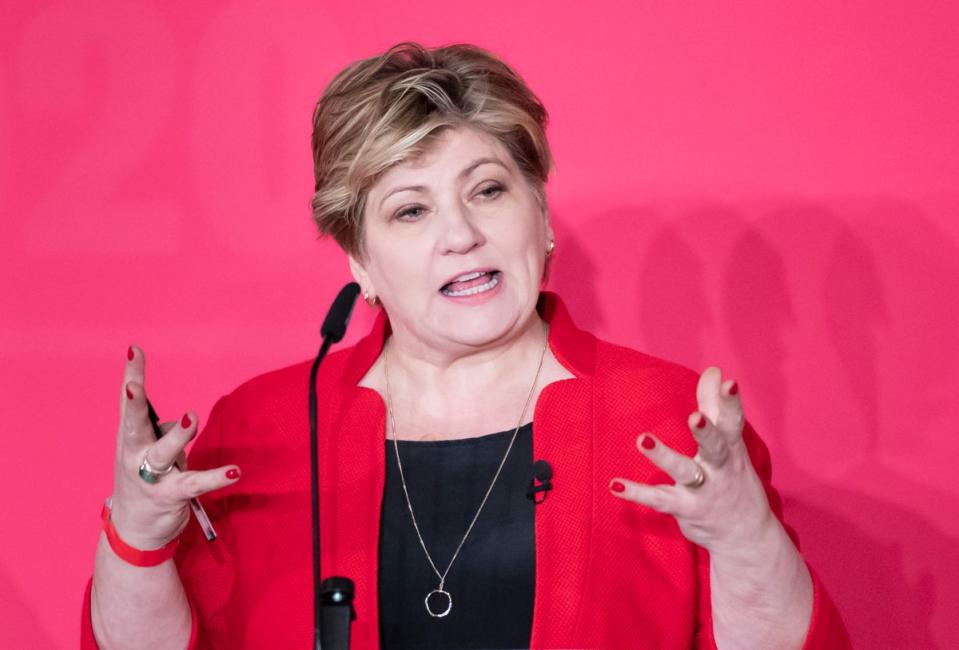
Of course, portraying politicians on stage and screen is nothing new whether in drama or farce. Today, with recent shows like acclaimed Danish political drama Borgen, Anatomy of a Scandal and, of course, This England coming out, political television it’s clear that the genre remains hugely popular – and that includes with the people it portrays.
Because believe it or not, there’s nothing many politicians like doing more than sitting back in front of a political show, whether drama or comedy. And though it might sound like a busman’s holiday, for many of them the accuracy is the reason they keep tuning in.
“Once you’re inside Parliament, you realise that Yes, Minister is not a comedy, it’s a documentary,” Andrew Mitchell MP says. “And subsequent events have justified that view.”
Phillips agrees. As a self-proclaimed super-fan of Armando Iannucci’s satire The Thick Of It (she says she “watches it on repeat”), her favourite thing about the show is its uncanny resemblance to real life. “There’s a famous quote that the only difference between Westminster and The Thick Of It that Westminster is full of people walking around saying, ‘This is like The Thick Of It,’” she says.
Perhaps unsurprisingly, Westminster’s obsession with political television also functions as a sort of manual for those who work in it – indeed, the two often intertwine in strange ways. “You’re always aware of the possibility for parody,” Phillips says, citing one infamous scene from The Thick Of It where a politician ends up being accidentally snapped in front of a banner that reads ‘I Am Bent’.
This influence goes further: in another scene, aides make up a policy on the fly for an upcoming press conference. "The three things that they came up with as a joke were charging people for plastic bags, passports for dogs, and the bedroom tax. And those three things are now all government policy,” she says.
TV portrayals of politicians can prove a double-edged sword, especially when it comes to influencing public opinion. Mitchell, who recently wrote Beyond A Fringe, his own memoirs of his career in Parliament, remembers the satirical puppet show Spitting Image as having an outsize effect on the careers of some politicians. “I think I’m right in saying David Steel always said that Spitting Image, where he was always portrayed as being a sort of pipsqueak to David Owen, affected his image in public,” he says.
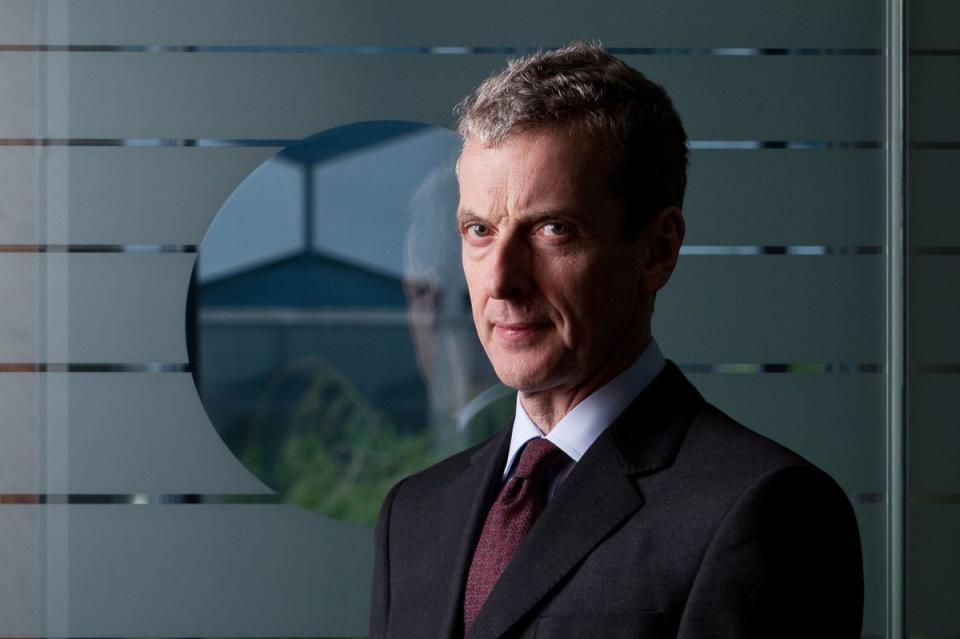
“And Kenneth Baker, who was who was portrayed as a rather sort of oily but successful politician – that also very much got into the public bloodstream because Spitting Image was so popular.”
Mitchell remains sanguine about the sometimes unflattering way in which his profession is portrayed in the media. “MPs have always been reviled to some extent by the public,” he says. “And it’s right in our democracy that where power is there should be massive scrutiny. That’s what happens.”
However, Andy de Emmony argues that Spitting Image, which he directed, also went a long way to raising politicians’ standing in public opinion – so much so that some went the extra mile to appear on the show. “Jeffrey Archer sent in a whole folder of photographs, voice tapes, and all sorts, because he could see that getting on that show gave him some political cachet.
“For ages, we used any puppet and just called it Jeffrey Archer. We’d pick any puppet and put him in a suit and call it Jeffrey Archer because we didn’t want to give him that credibility. From a politician’s point of view, any press and any coverage is useful.”
It’s little surprise, then, that some MPs prefer to watch shows that keep a healthy distance between reality and fiction: for Emily Thornberry, part of the appeal of political television programmes lies in their more aspirational elements. “I think the best political drama that I came across is Borgen,” she says. “When it first started, it was like a fantasy programme for women politicians around the world, because she [Birgitte Nyborg, played by Sidse Babett Knudsen] would go to Parliament, she’d set up a coalition, she’d get back on her bicycle, she’d cycle home in the daylight and see her children.”
For her, accuracy in political dramas is less of an issue – she cites a long list of inaccuracies in recent television shows, including a predilection for using the inside of Manchester Town Hall in place of the Palace of Westminster – than the long-standing cynicism in UK political television shows.
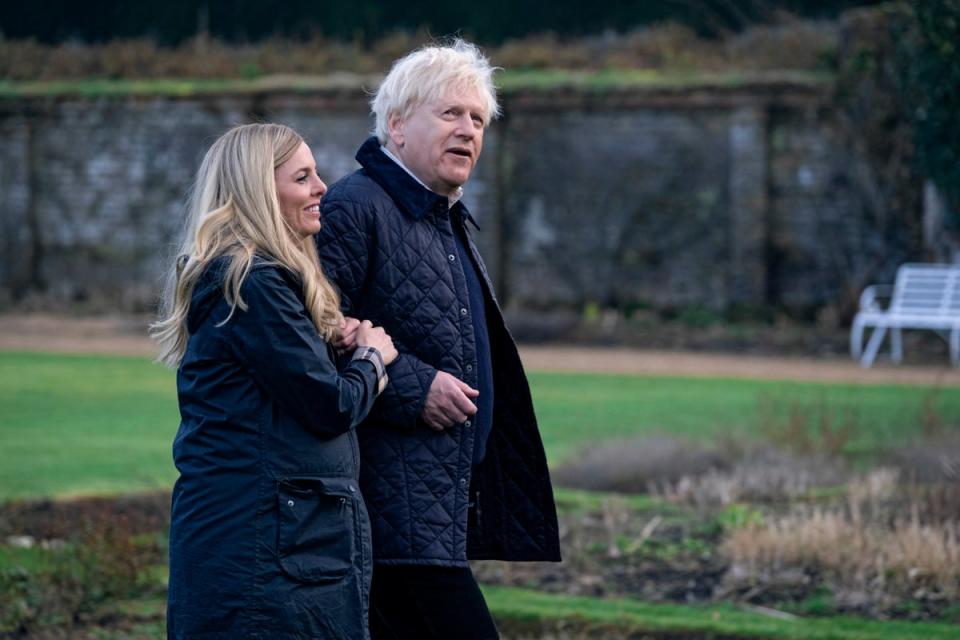
“What’s different about the American ones is that there is this idealism… I think it reflects the optimism and positivity of America,” she says. “Our political programmes have either been bodice rippers and soap opera-type things with heightened elements of drama, or it’s been just very cynical.
“I don’t think we’ve had the optimism of a West Wing ever: the Prime Minister as a truthful and honest person who has high ideals and is trying to bring the country in the right direction. I mean, even saying it, you smile. Wouldn’t it be great if we had politics that was like that?”
Despite Thornberry’s words, the future for political television looks to be an uncertain one, says comedian and former political aide Matt Forde. “I don’t think there’s enough satire on telly,” he says. “I don’t think there are enough explicitly political telly shows. I think there’s a real desire for more: particularly for political comedy, sitcoms set in politics, whether in Westminster or elsewhere.”
Given the strong public appetite for political entertainment, he says, he’s shocked there isn’t more being commissioned. “Think of what we’ve been through the past few years: this really should have fuelled an explosion of political, satirical, comedy shows, and it hasn’t. And that’s not because there aren’t people out there aren’t going to make them. It’s that people aren’t commissioning them.
“I think there’s a huge creative appetite to make these things, which is why you’ve seen lots of stuff happening online. Because it’s not getting made on telly. Thinking of Alistair Green or Rosie Holt, I think people go into social media to get that stuff, because telly’s not allowing it to happen.”
Andy de Emmony agrees. For him, the threat of lawsuits has made it a “scary time” to be committing political dramas about real-life figures (such as This England) to the small screen. “We do a huge number of cop shows, but we know very little about politics of the society we live in. And it’s hard to make that relevant and entertaining television.”
“So I guess biopics and reconstructions and political moments is a good way in. I think, Kenneth Branagh playing Boris will be fascinating. Him as Boris apparently is brilliant.”
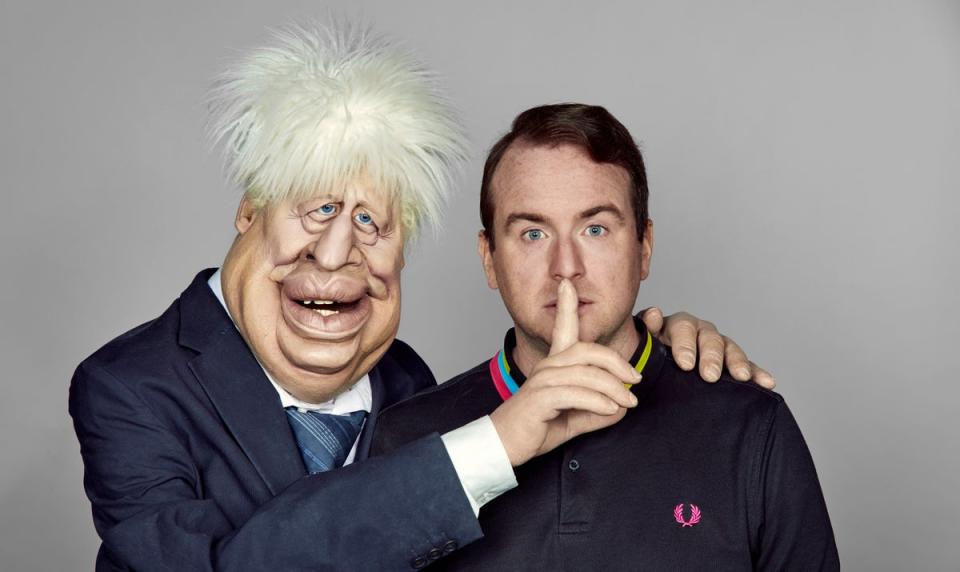
Forde also has a couple of pointers for the next performers seeking to play the former prime minister: he used to play Boris Johnson in the new Spitting Image, and regularly impersonates him during his fortnightly Political Party West End recordings where he interviews top political movers and shakers (upcoming guests include David Dimbleby and Rachel Reeves). “Obviously, his body language and stuff is very cartoony and overblown. That makes it easier,” he says.
“The more you watch someone, the more you notice: like subtle differences in body language. So there’s a thing he does, where he really narrows his eyes or he has a kind of nervous tell where he’ll overly widen his eyes and mouth. From what I’ve seen of the little clip, I think it looks Kenneth Branagh really gets that narrowing of the eyes and the slight jaw drop of the mouth and a slightly sort of agog look. And obviously, the prosthetics look incredible.”
With that in mind, whether This England will be able to make its mark in this crowded genre remains to be seen – especially given that it tells the story of the Covid-19 lockdown, which most readers might prefer to forget. But for Thornberry, UK political television needs to aim higher than reconstruction recent actions of controversial Prime Ministers.
“We need to aspire to having a political system where a serious political drama could be about a leader of Britain who is trying to do the right thing and is and is frustrated by the system, but he nevertheless remains idealistic,” she says. “That’s what we should be. That’s what we should hope: one day.”
Our guests’ picks of best political TV shows
Jess Phillips - The Thick Of It: “It's just brilliantly funny. And the dialogue is brilliantly written: it is like how people actually talk... it just sort of, I think brilliantly, represents the idea of people chatting in offices as they actually chat.”
Emily Thornberry - Borgen: “For the women politicians around the world watching it, we just loved it. And I think that it's been really interesting to see the way in which despite the positive beginnings for her, over the episodes, over the series, her domestic life and her private life have completely broken down. So that by the end, so this last series has just come out as really dark, and very different... It's so clever.”
Andrew Mitchell - Yes, Minister and The Crown: “The Crown is brilliant beyond measure. And that's mainly about the monarchy, not about politics, but when it strays into the politics of the relationship with the monarchy, it portrays the politicians incredibly well, I think.”
Matt Forde - News from Number 10 and Rory Bremner’s back catalogue: “Rory Bremner for years was a kind of one man Opposition, really. And just the scale of what he did was really exceptional as an individual. What he did was, not only could he impersonate everyone that's ever lived, but he did really clever, deep satire, but also did just really silly stuff. And satire should never be too po-faced.”
This England airs on Sky from September 28

